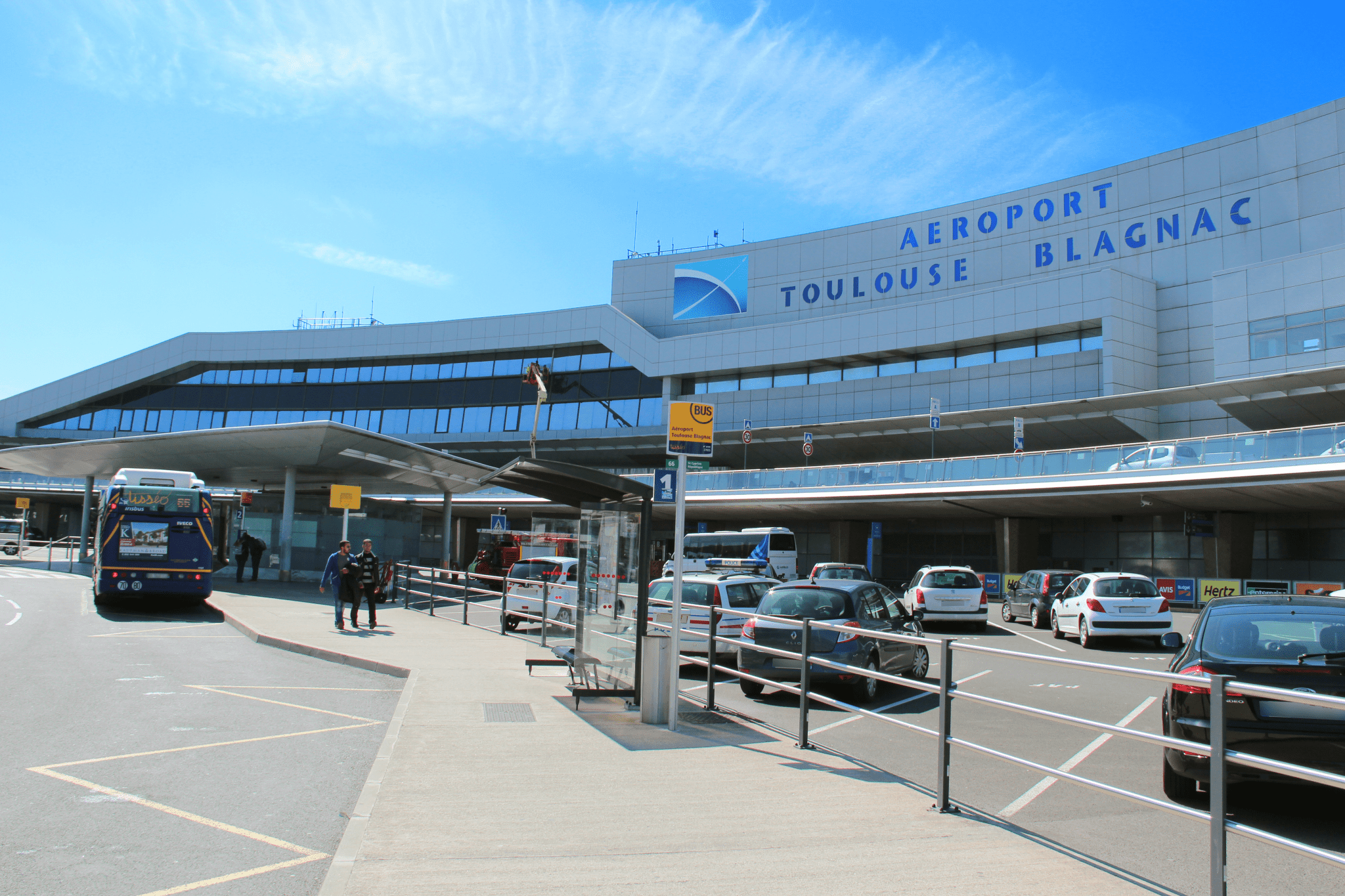The French aviation industry is in disarray after two lucrative airport deals have suffered setbacks. A new client alert from Reed Smith partners based in Paris, Victoria Westcott and Guilain Hippolyte, explains the situation.
The Chinese owners of Toulouse airport were looking to sell 49.9% shares, since then the airport is now owned by a consortium that is no longer authorised to own it, leaving it in a legal quagmire that will take months to unpick.
The privatisation of Toulouse airport, which closed in 2015, was the first major airport privatisation in France. At the time, it was already a controversial decision to award the airport to a Chinese consortium composed of Shangdong Hi-Speed Group and the Hong Kong based investment fund, Freidmann Pacific Asset Management.
After unhappy arrangements between the Chinese and other shareholders, comprised of local and regional government authorities, and some sharp criticisms by the French State Financial Controller about the absence of investment and the lack of independence from the Chinese Government, the Chinese shareholders announced to the market they were selling their stake in the airport company.
It is well established in French law that a sale of shares that contravenes a requirement for approval is null and void. Consequently, the cancellation by the French court of the Government’s authorisation to award the sale to the Chinese consortium should result in the sale being invalidated. However, the nullity of the sale must be formally pronounced by the commercial court.
If the share transfer is declared null and void, the Chinese shareholders would no longer be entitled to exercise voting rights or receive dividends and they would have to return any dividends received from the date of the nullity decision. If it is shown they acted in bad faith, dividends could be reclaimed right back from the date of the original transfer of ownership.
A court decision is expected in the upcoming months. This leaves the airport in a complex situation in the interim period, whereby the Chinese remain shareholders but the transfer may be invalidated. It is unclear how the French Government will manage this.
Politically, this will leave an unexpected hole in the Government’s finances to the tune of around €300 million with any recovery of these funds by a re-tendering of the airport likely to take up to two years to complete.
Meanwhile, 51% sale of shares in the Paris airport company (Aéroports de Paris, ADP), which runs three of the four Paris airports (CDG, Orly and Le Bourget), but also eight other major airports around the world, may find itself being put out to a national referendum following a constitutional challenge using a procedure that has never been used before.
The privatisation of ADP has also suffered a major setback in the last few weeks, following the unprecedented use of a constitutional challenge procedure, the Shared Initiative Referendum (Referendum d’Initiative Partagée, RIP). This was introduced into the French constitution by the Sarkozy Government in 2008 and came into effect in 2015, but it has never been used until now.
The basis for the privatisation of ADP was enacted on March 14, when the lower house of parliament voted in favour of a law abolishing the obligation of the French State to hold a majority shareholding in ADP. The detailed implementation laws for the public tender process for the sale of ADP were expected to follow shortly thereafter. However, on April 9, a group of members of parliament from across all political parties successfully launched an RIP to block the privatisation process and submit it to a referendum.
The Government and the hungry private sector are going to have to wait at least another 15 to 18 months for the tender for the privatisation of ADP to be launched and another 18 months before the privatisation becomes a reality.
In the meantime, the Government will no doubt be turning its attention to the other airports that it has in mind to privatise, notably Lille (for which the public tender is already underway), Bordeaux and Marseille.

